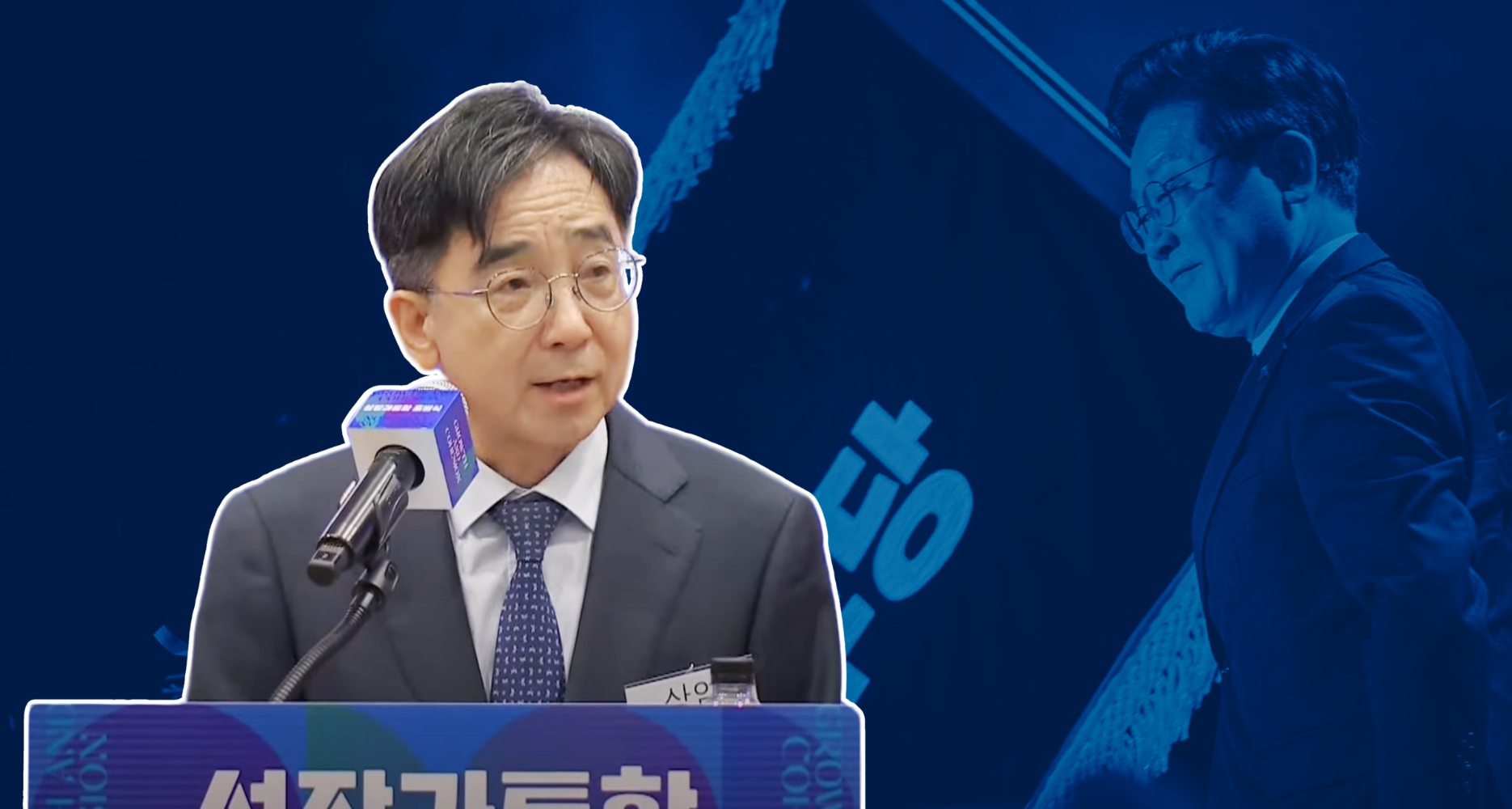Labor and Energy Policies Under Lee Jae-myung's Government: A Call for Caution

The labor and energy policies of the Lee Jae-myung administration are poised to spark significant conflict. Key labor demands, such as the Yellow Envelope Law, a 4.5-day workweek, and retirement age extension, have raised concerns among businesses about declining national competitiveness amid a trade war and economic downturn. In the energy sector, there are fears that the ambitious expansion of solar and wind energy could hinder the progress of a globally competitive nuclear power ecosystem. Insights were gathered from Han Seok-ho, Secretary-General of the Korea Labor Foundation (labor sector), and Na Yong-soo, Head of the Department of Nuclear Engineering at Seoul National University (energy sector).
Han Seok-ho expressed that if the government pushes labor policies too quickly, it could provoke backlash from both labor and management. He noted that the resumption of social dialogue between labor and management, which was halted under the previous administration, is expected. The proposed labor policies include the Yellow Envelope Law, which would allow subcontracted workers to negotiate with the primary contractor, and the introduction of a 4.5-day workweek and retirement age extension, which are anticipated to be implemented gradually through social consensus.
Han emphasized the need for compromise between businesses and labor, particularly regarding the Yellow Envelope Law, which could lead to large companies being compelled to directly hire subcontracted workers. He pointed out that the responsibility for the current labor market's dual structure lies with large corporations that have historically squeezed subcontractor prices. He urged that if subcontracted workers are paid fair wages, a social consensus on labor law amendments could be reached.
Concerns about the potential negative impacts of extending the retirement age and implementing a 4.5-day workweek were also raised. Han acknowledged the necessity of retirement age extension due to an aging population but warned that poorly designed policies could exacerbate the dual structure of the labor market, potentially reducing youth employment and accelerating the adoption of AI and robotics. He called for a careful approach to labor time reduction and flexibility discussions based on real workplace conditions.
Na Yong-soo highlighted the critical role of nuclear energy in meeting the surging electricity demand in the AI era. He warned that halting research support for small modular reactors (SMRs) and fusion technology could jeopardize South Korea's energy security and industrial competitiveness. He noted that major countries, including the U.S., are intensifying their investments in nuclear technology, and if South Korea stops investing now, it may find itself in a position of needing to import nuclear technology in the future.
Na pointed out that the U.S. has recently announced plans to quadruple its nuclear power capacity over the next 25 years, and other countries are also moving quickly to secure nuclear power. He stressed that nuclear energy should not be dismissed as an option, especially as it is essential for powering AI data centers. He also addressed concerns about the safety of nuclear power, arguing that the risks are often overstated compared to fossil fuel power plants. He urged the government to develop a rational energy mix that includes both renewable energy and nuclear power to address South Korea's energy needs effectively.
What do you think?
0 reactions





